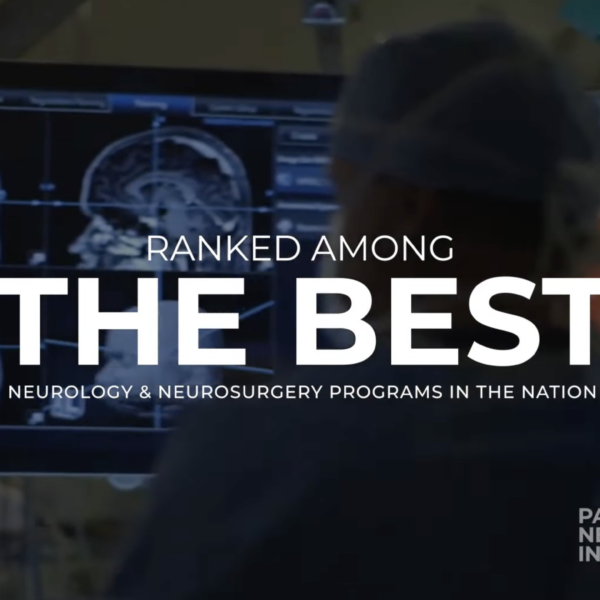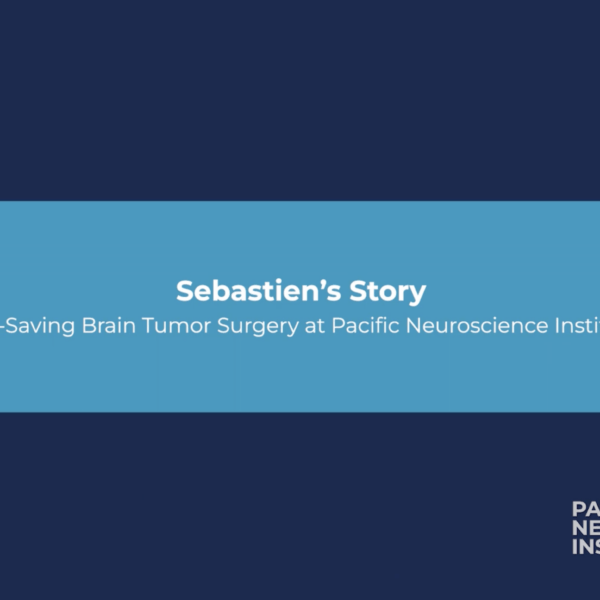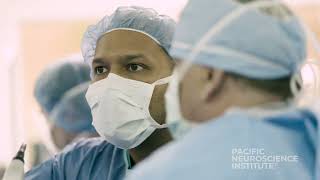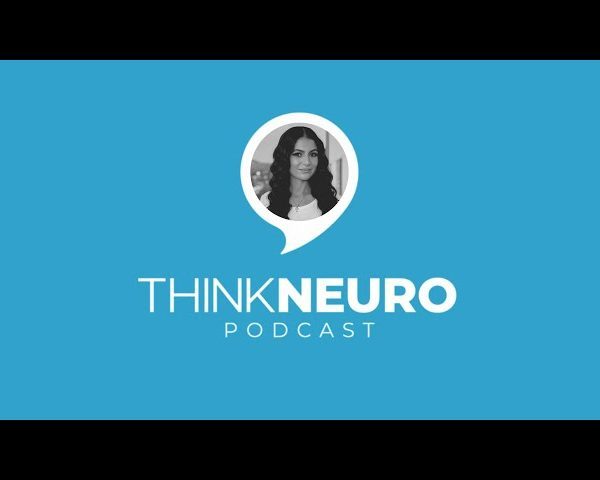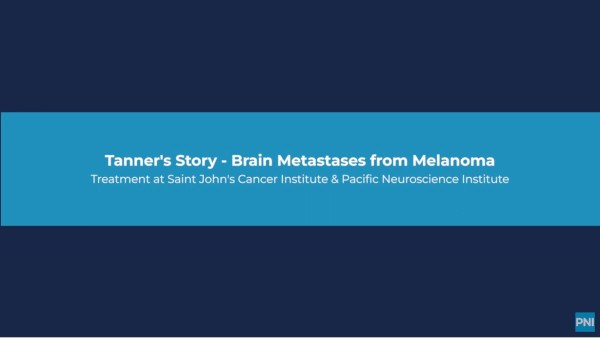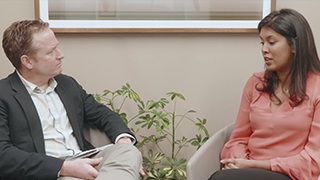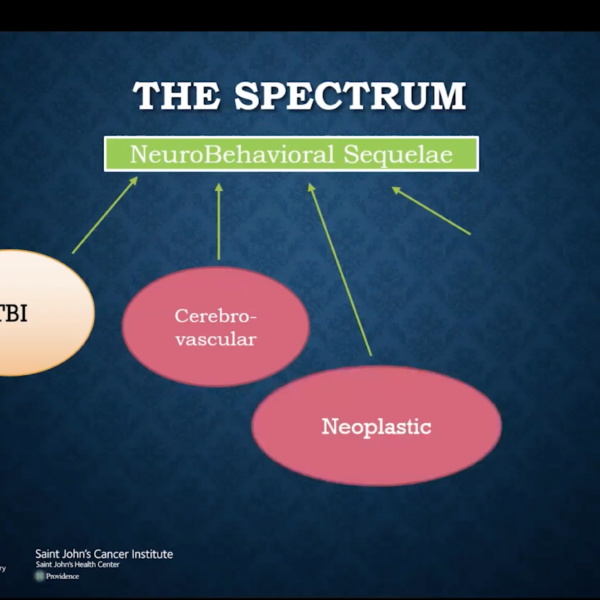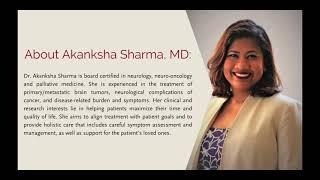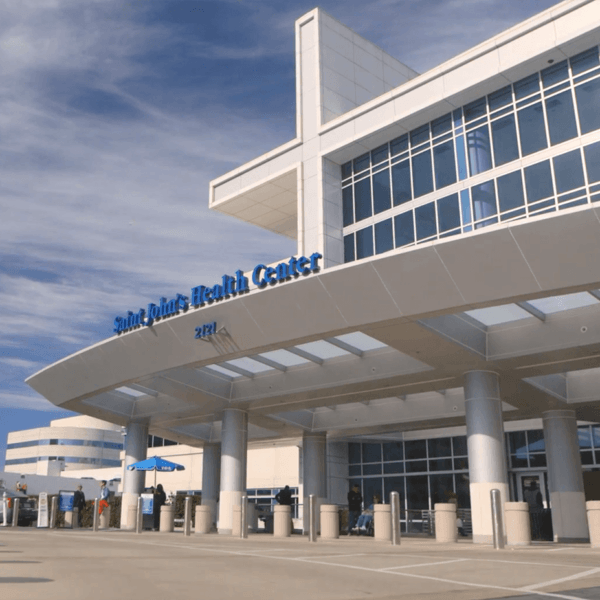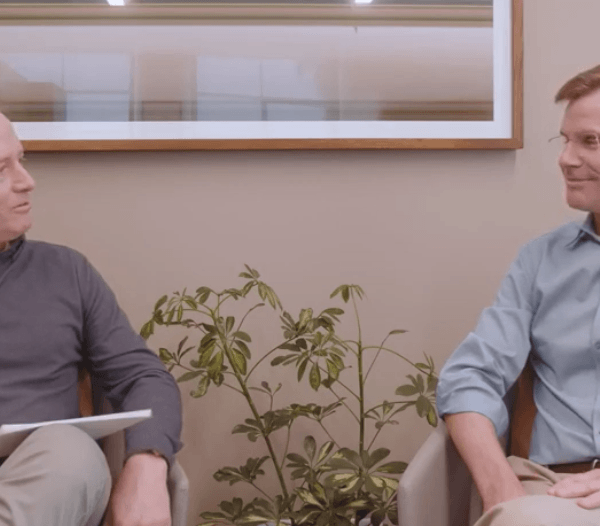Brain Tumor
Video
Neurosurgical Fellowship Training at Pacific Neuroscience Institute
The Pacific Brain Tumor Center and Pacific Pituitary Disorders Center offers a 1-year neurosurgery fellowship in minimally invasive surgery for brain, pituitary and skull base tumors. Our clinical training program is focused on endoscopic endonasal and keyhole surgical approaches, neuro-endoscopy, pituitary tumor management and multimodality neuro-oncology treatments. The fellowship emphasizes operative and peri-operative patient management, outpatient evaluation of new patients and follow-up patients as well as clinical and anatomical laboratory research projects. The fellowship is integrated into the Saint John's Cancer Institute Surgical Oncology Fellowship.
Qualified applicants must have completed training in an ACGME-accredited neurosurgical residency program and be eligible for a California medical license.
https://www.pacificneuroscienceinstitute.org/resources/for-providers/fellowship-training-programs/#neurosurgery
310-582-7450
Video
Think Neuro Podcast: Embracing Aging: Treating the Effects of Cancer on Mind and Spirit | Dr. Shanthi Gowrinathan
Treating cancer involves more than treating the body. The disease takes a toll on the mind, too, no matter what organ system it affects. Cancer and treatments like chemotherapy, radiation, and immunotherapy come with mental costs as well. Depression, anxiety, cognitive symptoms, and insomnia are common after cancer treatment. There is also a syndrome that patients call “chemo brain” and doctors call “frontal lobe dysfunction.” It’s not an official diagnosis, but patients who suffer with it say they are more irritable, they can’t tolerate loud noises or crowded spaces.
Dr. Shanthi Gowrinathan has seen all of these things. She’s the Director of Psycho-Oncology at PNI, and she specializes in the mental health of cancer patients. She uses a combination of talk therapy and medication to help people recover their mental and spiritual bearings while coping with the disease. She is excited about PNI’s new Treatment & Research in Psychedelics (TRIP) program because studies have shown great potential for substances like psilocybin in treating depression. Research in the area is key to finding more options for rebooting the brain after cancer.
Relevant Links:
https://www.pacificneuroscienceinstitute.org/brain-health/specialty-programs/psycho-oncology/
Video
Brain Tumor Webinar: Anxiety, Depression, and Neurological Disease
Shanti Gowrinathan, MD, Director of Psycho-Oncology and Cancer Support Services at Pacific Neuroscience Institute, discusses the relationship between brain tumor treatment, anxiety, depression, and neurological disease. The webinar was hosted by Ana Rocha, a Nurse Practitioner at Providence Saint John's Health Center.
May is Brain Tumor Awareness Month. We “Go Gray in May” and celebrate our patients, their loved ones, and their important journeys. Our brain tumor patients and their loved ones often report that they feel unseen, overshadowed, and isolated. A “rare” or “uncommon” diagnosis of a brain tumor can be challenging in the extreme, but may not be externally visible in its signs or even in its treatment side effects.
During Go Gray In May, we host a series of educational, informative, and fun events for our community to interact, socialize, express themselves, ask questions, learn about specific topics, and share their own experiences.
For more information on brain tumors and tools for coping and resilience, contact the Pacific Neuroscience Institute today.
Video
The Question We Dread (ft. Dr. Akanksha Sharma) | Cancer Support Community Los Angeles
In this installment of the Educational Workshop Series by Cancer Support Community Los Angeles, Dr. Akanksha Sharma, MD, presents "The Question We Dread: The Answer We Need." Dr. Sharma is board certified in neurology, neuro-oncology and palliative medicine. She is experienced in the treatment of primary/metastatic brain tumors, neurological complications of cancer, and disease-related burden and symptoms.
